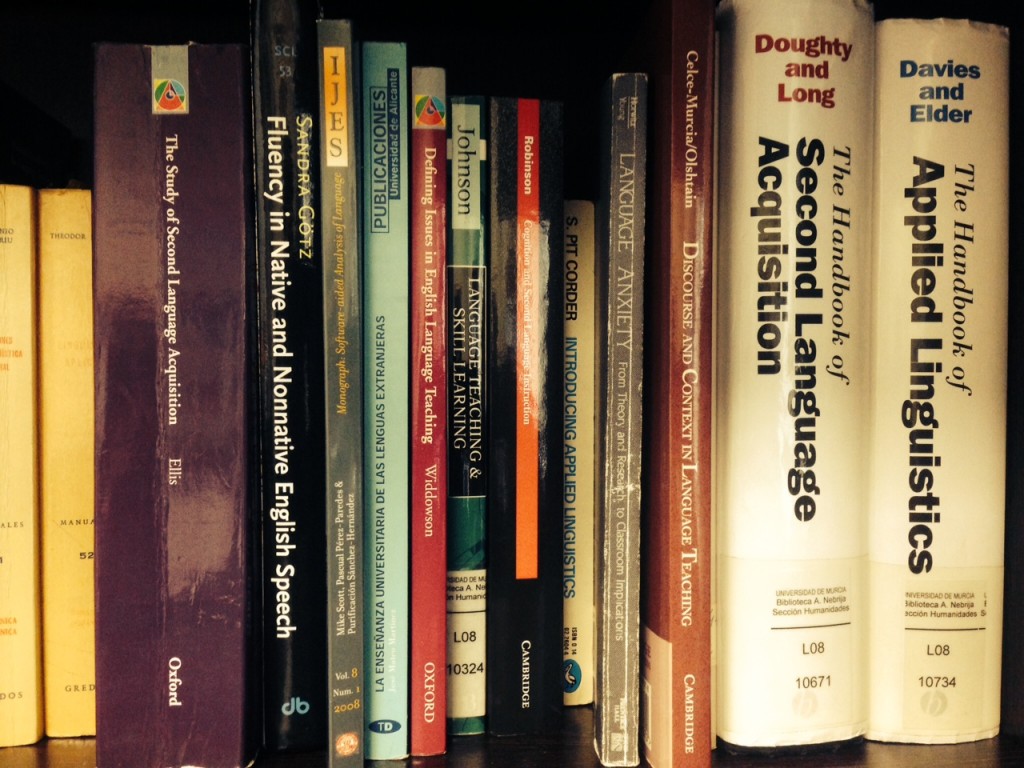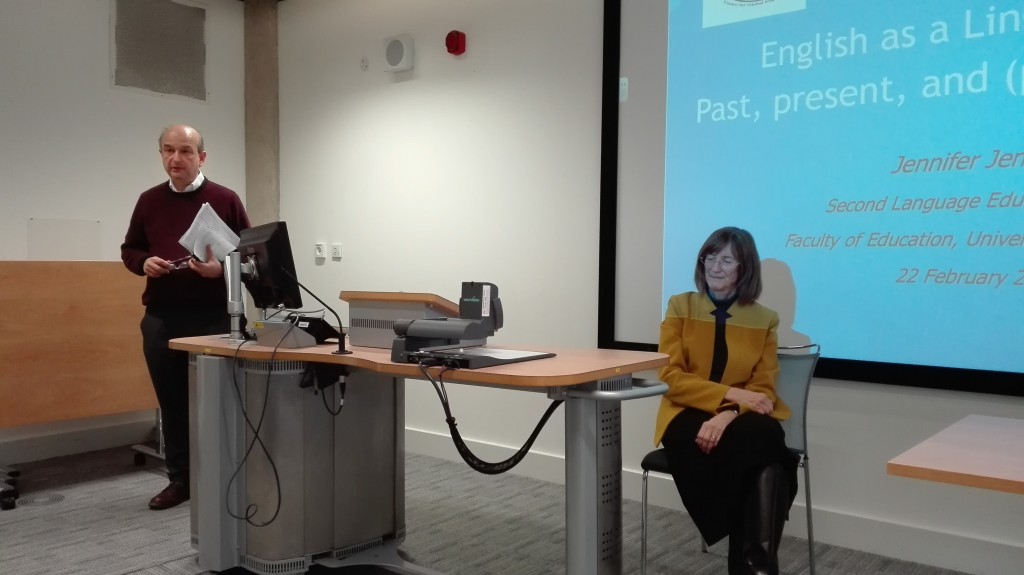The symposium will take place on Saturday 10 June 2017 at Edge Hill University.
The focus of the Symposium is the interaction of lexis and grammar. The focus is influenced by Halliday’s view of lexis and grammar as “complementary perspectives” (1991: 32), and his conception of the two as notional ends of a continuum (lexicogrammar), in that “if you interrogate the system grammatically you will get grammar-like answers and if you interrogate it lexically you get lexis-like answers” (1992: 64).
We welcome papers reporting on corpus-based studies which examine any aspect of the interaction of lexis and grammar, or discuss methodological issues related to the corpus-based study of lexicogrammar (e.g. annotation, metrics). We are particularly interested in studies that interrogate the system lexicogrammatically to get lexicogrammatical answers. The studies may …
focus more on the lexis or grammar end of the continuum, or adopt an integrative approach.
offer different interpretations of the nature of lexicogrammar.
examine any language, or compare different languages.
examine L1 and/or L2 use.
adopt a synchronic or diachronic approach.
operate within any theoretical approach that takes into account the interaction of lexis and grammar (e.g. Construction Grammar, Lexical Grammar, Pattern Grammar, Systemic Functional Grammar, Valency Grammar).
discuss the implications of a lexicogrammatical approach for applied linguistics (e.g. lexicography, language teaching, translation, (critical) discourse studies).
develop relevant research/teaching resources.
Presentations will be allocated 35 minutes (including 10 minutes for discussion). Please send an abstract of 500 words (excluding references) to Costas Gabrielatos (gabrielc@edgehill.ac.uk). Please make sure that the abstract clearly specifies the research questions or hypotheses, the corpus and methodology, and the main findings.
The deadline for abstract submission is 12 March 2017. Abstracts will be double-blind reviewed, and decisions will be communicated by 9 April 2017.
Programme Committee
Federica Barbieri (Swansea University)
Tine Breban (University of Manchester)
Kristin Davidse (University of Leuven)
Belen Diaz-Bedmar (University of Jaén)
Eva Duran Eppler (University of Roehampton)
Lise Fontaine (Cardiff University)
Gaëtanelle Gilquin (Université catholique de Louvain)
Nick Groom (University of Birmingham)
Glenn Hadikin (University of Portsmouth)
Andrew Hardie (Lancaster University)
Sebastian Hoffmann (University of Trier)
Andrew Kehoe (Birmingham City University)
Gabriel Ozon (University of Sheffield)
Michael Pace-Sigge (University of East Finland)
Magali Paquot (Université catholique de Louvain)
Pascual Perez-Paredes (University of Cambridge)
Paul Rayson (Lancaster University)
Ute Römer (Georgia State University)
James Thomas (Masaryk University)
María Sánchez-Tornel (University of Murcia)
Benet Vincent (Coventry University)
Stefanie Wulff (University of Florida)
Participation is free. Coffee/tea and a light buffet lunch will be provided, but participants are expected to cover their travel and accommodation costs. Please note that the number of places is limited, and places will be allocated on a first-come, first-served basis.
If you have any questions, please contact Costas Gabrielatos (gabrielc@edgehill.ac.uk).
URL: https://www.edgehill.ac.uk/english/research/conferences/lxgr2017/





